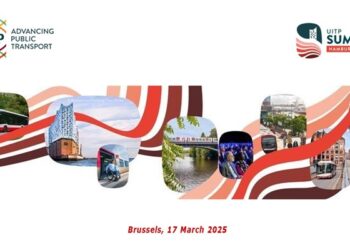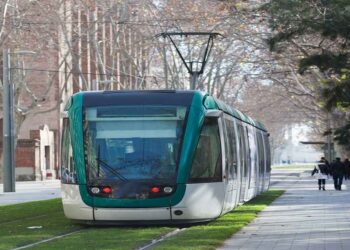German utility EWE is planning pilot projects from this summer to supply hydrogen to meet growing demand for cleaner fuels and potentially add a new area of business by the middle of the decade.
The company, based in northwest Germany, said on Monday its plans initially involved enough fuel for 100 passenger cars, 100 trucks and 15 buses. “We want to become a provider of green hydrogen which can be used by transport and industry,” Chief Executive Stefan Dohler said in an interview at an industry event in Essen.
“We could scale this up quickly by the middle of the decade. We are talking about significant million euros sums and concrete applications.” EWE won 20 million euros ($22 million) of federal transport ministry funding in December and will invest around 70 million euros jointly with some 90 partners.
These include waste disposal trucks maker Faun, steelmaker ArcelorMittal’s Bremen plant, and Bremen and Oldenburg public transport companies BSAG and VWG.
EWE has also gained financial firepower through its new shareholder Ardian. The plans come as Germany’s cabinet prepares a national hydrogen strategy due in late March, as Europe’s biggest economy works to phase out coal and nuclear power generation and cut carbon dioxide (CO2) emissions.
Hydrogen emits water when it burns in oxygen rather than the CO2 released by coal, oil and natural gas. Economy Minister Peter Altmaier has proposed that Germany also look into international partnerships to import hydrogen.
Even if it steps up its renewable power generation, Germany will not be able to produce enough hydrogen to meet industrial and residential requirements for electricity, heating and transport fuel.
Northwest Germany is home to cities such as Oldenburg, Cuxhaven, Bremen and Wilhelmshaven and can produce a surplus of onshore and offshore wind that through electrolysis can be turned into hydrogen, which can then be stored and transported like natural gas, Dohler said.
“We have gas storage caverns and gas pipeline grids that can be converted to hydrogen,” he said. Dohler added transport was currently the most promising market for hydrogen because, at around 9.5 euros per kilogram, reaching price parity with gasoline and diesel was not too far off. “Maybe 5-6 euros” could be achievable one day, he said.

































